AICPA offers guidance on CECL standard
The American Institute of CPAs’ Financial Reporting Executive Committee, also known as FinREC, has posted a pair of working drafts on how accountants can deal with two issues related to the Current Expected Credit Loss standard that will be taking effect at the end of next year.
